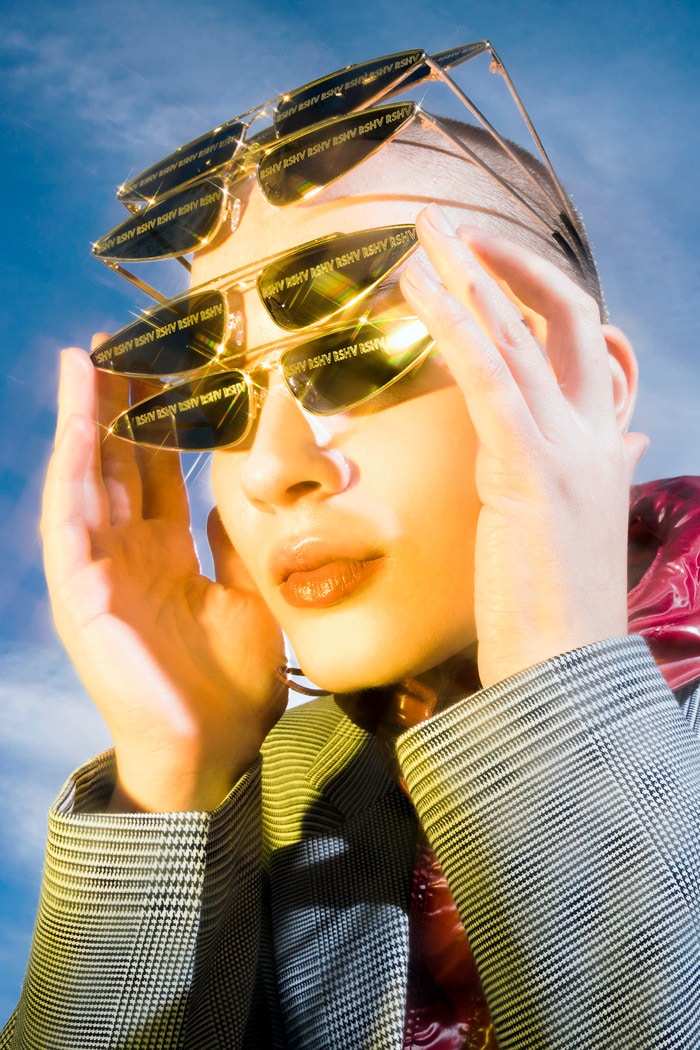
Opinion
The drama behind YouTube’s rising beauty influencers
By Nic Brannan
Opinion
The drama behind YouTube’s rising beauty influencers
By Nic Brannan
Published Oct 17, 2018 at 12:22 PM
Reading time: 3 minutes
Influencers
Oct 17, 2018
Beauty gurus are highly influential in today’s cosmetic world, with platforms like Youtube and Instagram democratising and disrupting the beauty industry. How and what is selling is no longer only up for the teams of cosmetic companies but influenced by online makeup tutorials; more subscribers for them means brands will take notice. For example, as many have rightly called out brands for a lack of foundation shade ranges it was partially thanks to these YouTubers that the world of makeup has finally listened and is in turn diversifying.
But beneath the ‘Boyfriend does my makeup’ and ‘Which brushes do I love right now’ lies a murkier world of rival fan groups, scandals and racism. I’m sure we can agree a lot has changed since beauty YouTubers just did makeup tutorials. Online beauty gurus are being abandoned by followers in the thousands as online archives are being unearthed and leaked by some of the youngest generation of subscribers on YouTube. Using the follow and unfollow feature as a form of currency and amusement between rival groups, these digital tribes have very few restrictions and rules when it comes to expressing their views online. While the freedom to use this feature is a user’s prerogative, in mass it can lead to an aggressive form of mob mentality and cyberbullying when taking justice into their own hands.
The latest target Laura Lee, thick Alabama accent and heavily contoured face, had gained herself just short of 5 million subscribers for her channel. Lee was starting to be a real force in the industry, having her own line of cosmetics ‘Laura Lee Los Angeles’. But after a series of racist and fat-shaming tweets were uncovered from six years ago, she lost over 400,000 followers while many brands started to drop her and she has not been able to bounce back since. Another high profile instance involved YouTuber Jeffree Star, who has a 10 million follower count and loyal army of ‘stans’ (stanning meaning a very intense way of following somebody online). Star has a successful cosmetics line but for older fans he’ll be remembered for his music and famous Myspace persona. However in the hight of his career, rival fans found an old video from his early Myspace years where he talked about throwing battery acid on a black girl’s face to lighten her skin so that her foundation matches. Star was forced to confront his past and shared a lengthy apology video were he corrected his mistakes, leading to a debate around whether fans can forgive such behaviour.
You see YouTube drama is big business and channels like ‘Tea Spill’ are dedicated to getting to the bottom of scandals with an extensive collection of screenshots, past posts and fan conspiracy theories. The same type of drama and gossip that once sold magazines is now being echoed in a very particular sect of YouTube culture.
It seems that in the world of beauty influencers on YouTube, no one is immune to controversy, with rival fans on either side finding old videos or tweets that expose offensive or racist content. But the stans can be forgiving at times. At this point apology videos are a right of passage for any YouTuber; say something problematic and then respond with a sincere and heartfelt video and you’re as good as new. How well this is performed seems to determine whether the fans will buy it or not. The admired frankness and will to share personal details about their lives is what draws these fans in and it is the relationship to these creators that seems more intimate and personal than any other celebrity fan base before, perhaps because of the perception of authenticity through the journey of the self-made YouTube star from humble beginnings. The question we should be asking however is just how authentic are they?
YouTube is an expansive and diverse community and being a role model for millions of kids on the platform, who spend their time obsessing over these videos, surely means accountability is a must. These feuds also bring up questions about what online archives mean, with every thought documented and stored from our past online selves, can we forgive these transgressions or should the creators be forever cancelled like in the case of Laura Lee?
Perhaps another more important question is how much time are brands and sponsors willing to spend doing research into the YouTubers’ pasts before they thrust them into the spotlight and does this fall under brand responsibility? Beauty influencers today are changing what it means to be a public figure, their income relies on how many subscribers they have gained for their channels and once the transitions are made to full-time professional YouTuber, surely they must be subject to the same rules of working within any industry, which involves being held accountable and learning from past mistakes. Sometimes we forget about that part; that while these YouTube influencers should be held accountable for offensive behaviour, the brands that sponsor them should be equally charged. And in fighting against oppressive behaviour with a twitter witch hunt of cancelling and shutting down discourse, we may end up replicating the same harmful cycles without any real sign of progress within these platforms.




